You can read this exclusive content thanks to the FALATH & PARTNERS law firm, which assists American people with Slovak roots in obtaining Slovak citizenship and reconnecting them with the land of their ancestors.
Thousands upon thousands of people, including Slovaks, flocked to America at the turn of the 19th and 20th centuries in search of a better life, of the American dream. Among the immigrants were the ancestors of now 3th generation American Slovak James Punday II who left the town of Bardejov in eastern Slovakia. Their lives, as well as that of their children, were very difficult.
"It had to go through coal mines, steel mills, police. I'm the first white collar with an MBA and a doctorate candidate. It took that many generations of going through hell to get to living the American dream more," he told The Slovak Spectator, recollecting his family history.
Punday is now 50 and is planning his retirement. With a residency permit and a business licence already in his hands, he intends to spend his retirement in Slovakia with his wife. As he believes that you when you come to another country you should bring something of value to the table, he wants to open a gym in Bratislava, one that brings a piece of Venice Beach, California, to Slovakia.
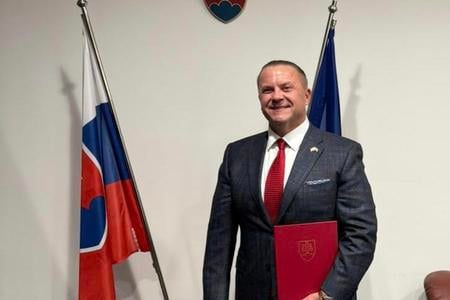
Through hell and back
In the late 19th century, Punday's ancestors worked in opal mines near Prešov; some were also farmers. When the mines closed, poverty increased as there were next to no opportunities. Jobs existed near Pittsburgh in Pennsylvania (in 2002, Pittsburgh and Prešov became sister cities - Ed. note), especially Uniontown which was heavily Slovak and known for coal plants, coal mines, and steel works. They were recruiting immigrants with experience working in opal mines.
"The whole family basically picked up and moved. Some stayed in New York, working in the textile industry. My great-grandfather's family worked in the coal mines during that time," Punday said, adding that his great-grandmother from around Spiš Castle came later, around 1912, just a couple of months after the Titanic sank.
"That must have been kind of scary, getting on a boat to leave from Hamburg, Germany to go to the US at 16 years old with her aunt, who basically lied on her immigration documents saying she was 18. My dad told me that she was sent over to marry my great-grandfather, who was 10 years older than her. They got married within a few months. According to the marriage documents she was 21," he adds.
According to him, his great-grandparents didn't get along, but had a lot of kids. Unfortunately, a number of them died from pneumonia at a very young age, one was only around 3 months old. Punday's great-grandfather ended up working for the HC Frick Coal Company, a big industrial company that owned many coal plants and mines.
"From what I understand, it was a horrible life. You had to buy everything through the company store. If you needed light for the mine, you had to buy it there on credit. You lived in the company housing, which was a very small cottage," Punday said, adding that they had very little money. His great-grandmother stayed at home with kids. Working in the mine from early morning to late evening, sometimes way into the night, was devastating for her husband, who broke his back there. Later, he developed diabetes.
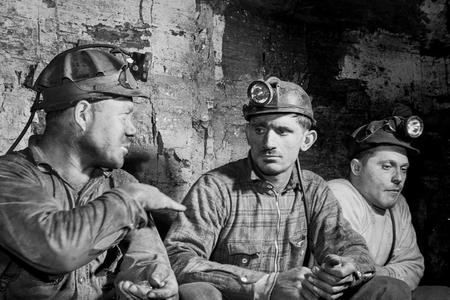
"He had both of his legs amputated from the knees down. He was pretty much wheelchair-ridden until his death. When you think about coming to this country, the American dream, it didn't work out for him," Punday continued, adding that things improved for his grandfather, at least in some way.
His grandfather joined the US military the day after Czechoslovakia was invaded by Germany. He became part of the force that went on to fight German field marshal Erwin Rommel and his tank brigades during the North African campaign. According to Punday, his grandfather’s unit fired the first shots and went on to be called tank busters. Later, he went to Sicily, then went on to land on D-Day and eventually helped liberate several concentration camps around Berlin.
"I'm trying to put together a book right now about his unit. I've got a lot of notes and his military records," Punday said. Upon his discharge on the very day the US dropped the nuclear bomb on Nagasaki, his grandfather returned and found a job at a steel mill for the next almost 20 years. Unfortunately, as fate would have it, he developed black lung and got very sick later in life. He used to say work smarter, not harder, because it would destroy your body and you would have nothing left.
Punday’s father was the first one to go to college and graduated with a criminal justice degree. He worked for the US Capitol Police in Washington, D.C. for 35 years, retiring 10 years ago.
Punday himself is the first white collar in the family with a masters degree in business administrastion and a candidate for a doctorate. He has been in the insurance financial services business for 20 plus years, now working for Generali. As he says, it took this many generations to get close to the American dream.
Slovak comes naturally
Since he way a boy, Punday knew that he had Slovak roots. His father told him that repeatedly, and he used to go with his grandfather to the local Slovak club. Although he didn't understand what people there were saying - he spoke English, they replied in Slovak as their English was not good - they were able to understand each other.
Luckily for him, the Slovak language doesn't seem to pose a problem. When he started learning, his language teacher pointed out that the way he speaks sounds as if he is from around Prešov; he probably picked up the dialect growing up.
"I don't find it difficult, honestly. I know everybody always says it's hard. It just flows, it feels natural. I can read very easily too, the pronunciations and things like that seem easy. Maybe it's because of the fact that my grandparents were multi language folks," he speculated, adding that his grandfather interrogated a lot of German soldiers during the war. In addition, both his grandparents spoke Russian, Italian, French, and Hungarian.
As with many American Slovaks, traditional food is what makes the home. Makovník is one of Punday's most favourite rolls his great-grandmother would make, and the family had several different kinds of rolls especially around Christmas. Together with his wife, they now prepare many of the same dishes as his grandmother, such as halušky, cabbage rolls, and kapustica. Since his wife is from Portugal, she particularly likes the soups, as soups are also a tradition in her homeland.
He also found an original Slovak American cookbook from the 1950s, the same one his great-grandmother had.
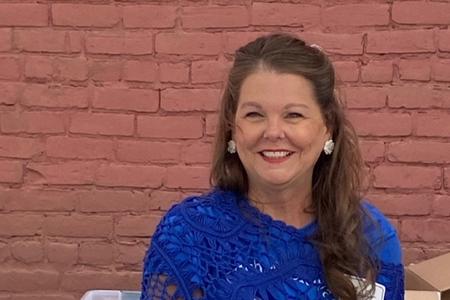
'You have that build'
Punday and his wife plan to move to Slovakia full time or at least half the year. He already has a residency permit and business license. He was always told to go back to visit as, unfortunately, his ancestors did not get that chance.
"It's for retirement purposes, I'm 50. Now we're trying to make sure we set ourselves up, make sure we get a business up and running. My work for Generali helps me with the transition because I travel to Europe more often now," he said, adding that his long term ambition is to bring a big gym to the Bratislava area.
Since he was 16, Punday has been involved in bodybuilding and powerlifting; he even competed in strongman competitions. This actually had led to an interesting interaction when he was in London for an event.
"There was this guy, didn't know anything about me, but looked at me and went, 'You're Slovak.' I was like, 'How do you know?' He said that I had Slovak hips, Slovak build. Then I started looking at people in my family and we're all built the same," he recalled.
The goal is to bring a gym with the atmosphere of Venice Beach, California, together will all the equipment and necessary therapies imaginable. According to him, it would also help Slovak bodybuilders and powerlifters who have to travel, for example to Vienna, to get what they need.
Moving to Slovakia is both about going back to his roots and because things in America have gotten worse over the last 10 years for Punday. He said one can earn $100,000 a year and it would still be like poverty. It was not like that in the past.
"Back in my grandparents' day, a house was 30 grand and it was affordable. Now your average sales price can be $600,000. So your money just doesn't go as far," he pointed out, adding that opening business is also not easy, rent for commercial space is outrageous, as are the costs for employees.
"There are a lot of things that economically are not working right now."
Punday's wife enjoys Slovakia more than Portugal, so the move should not be a problem. One difficulty in Portugal is that the country is facing a housing crisis. According to Punday, many people from the US and other places want to move to Lisbon and have bought up so much of the real estate in the region that the prices have been driven up so high that people in Portugal cannot afford the rent. They both decided it was not a place for them to live.
Two years ago, Punday had the opportunity to spend a few days in Bardejov and Prešov, and went to Spiš Castle.
"I got a real good taste of what's going on. I actually found the property where my great-grandparents lived, that was really cool," he said, adding that though it is abandoned, he could still see the stalls. His family used to do horse breeding as well, and even helped supply horses.
"I wouldn't mind buying it just to have it in the family. When they left, they left everything. It's insane, when you really think about it."
Spectacular Slovakia travel guides
A helping hand in the heart of Europe thanks to our Slovakia travel guide with more than 1,000 photos and hundred of tourist spots.
Our detailed travel guide to the Tatras introduces you to the whole region around the Tatra mountains, including attractions on the Polish side.
Lost in Bratislava? Impossible with our City Guide!
See some selected travel articles, podcasts, and traveller info as well as other guides dedicated to Nitra, Trenčín Region, Trnava Region and Žilina Region.


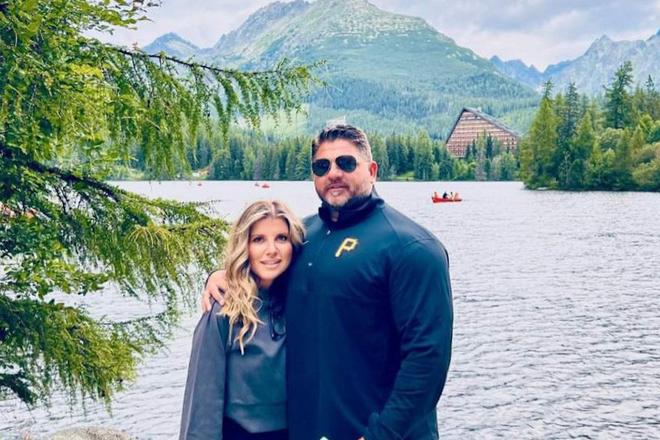 James Punday II and his wife at the Štrbské Pleso mountain lake in the High Tatras. (source: Archive of J. P. )
James Punday II and his wife at the Štrbské Pleso mountain lake in the High Tatras. (source: Archive of J. P. )
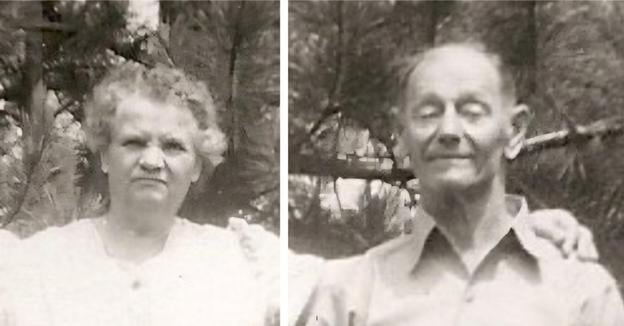 James Punday's great-grandparents, Mary Dorunda and Michael Punday Sr. (source: Archive of J. P. )
James Punday's great-grandparents, Mary Dorunda and Michael Punday Sr. (source: Archive of J. P. )
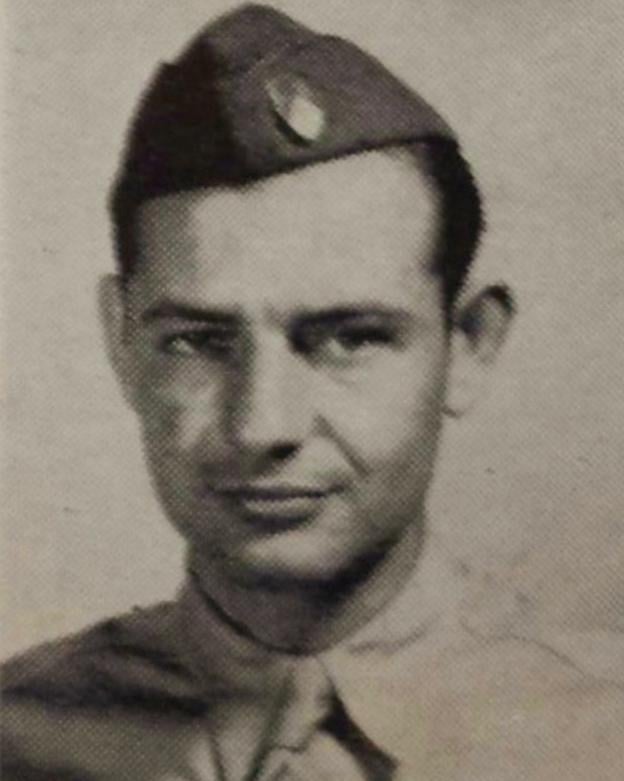 James Punday's grandfather, Mike Punday Jr. (source: Archive of J. P. )
James Punday's grandfather, Mike Punday Jr. (source: Archive of J. P. )
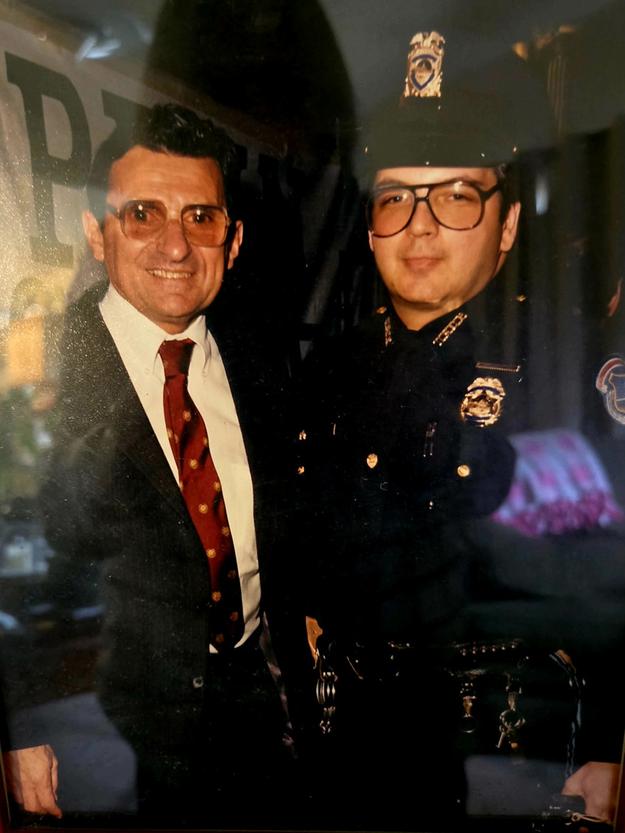 James Punday's father, James Punday Sr (right), US Capital Police Washington, D.C. (source: Archive of J. P. )
James Punday's father, James Punday Sr (right), US Capital Police Washington, D.C. (source: Archive of J. P. )
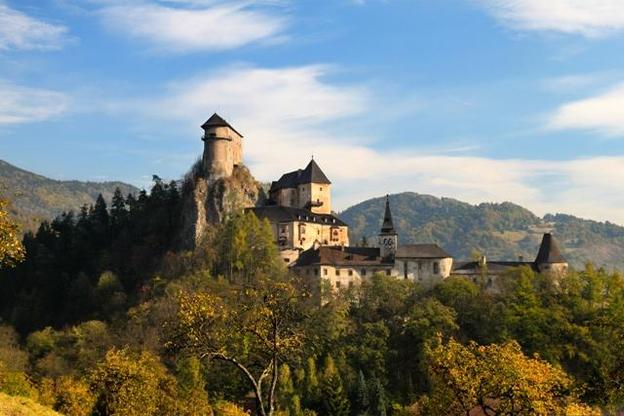 Orava Castle is one of the most impressive castles in Slovakia. (source: Michal Glonek)
Orava Castle is one of the most impressive castles in Slovakia. (source: Michal Glonek)